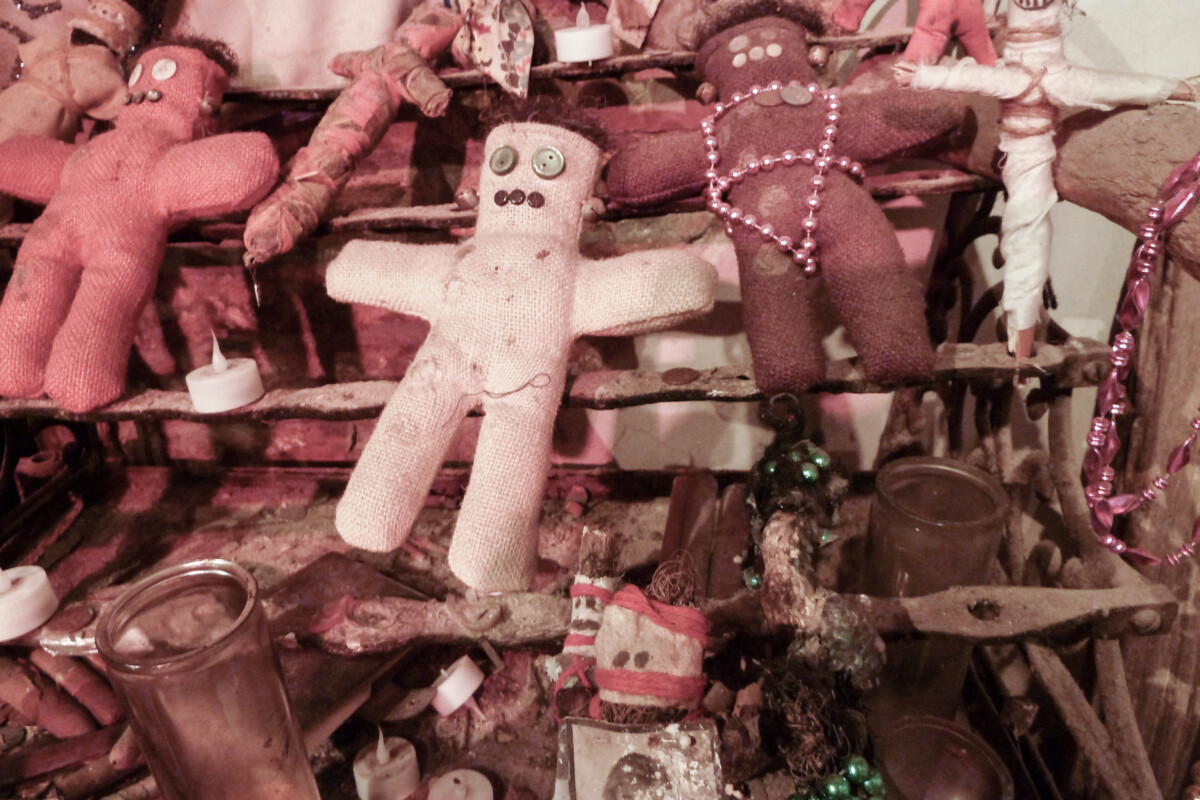Strong Social Welfare System

Austria’s social welfare system quietly underpins much of its population’s well-being. The country spends a remarkable 27% of its GDP on welfare programs, as reported by the OECD, ensuring that every citizen has access to reliable healthcare, education, and social security. This extensive safety net means that Austrians rarely have to worry about catastrophic medical bills or falling through the cracks in times of hardship. Knowing that support is always available takes a huge mental burden off people’s shoulders. It’s the kind of invisible comfort that lets individuals invest more time in their personal lives and communities. There’s a deeply rooted trust in these systems, which creates a sense of fairness and unity. For many Austrians, this safety net is less about dependency and more about empowerment—freedom to focus on what really matters in life.
Quality of Life and Work-Life Balance

Austrians don’t just work to live—they truly live. The average workweek hovers around 38 hours, and employees routinely receive upwards of five weeks of paid vacation each year. This generous approach to time off is backed by national labor laws and a cultural respect for personal time. According to a recent study by the European Foundation for the Improvement of Living and Working Conditions, job satisfaction in Austria is notably high, with workers citing flexibility and workplace respect as core reasons. People are encouraged to pursue hobbies, spend time with family, and recharge fully during their downtime. This balance isn’t just a perk—it’s seen as essential for maintaining mental and emotional health. The result is a society that feels less rushed and more fulfilled, with less stress bleeding into everyday life.
Access to Nature and Outdoor Activities

Austria’s breathtaking landscapes aren’t just postcard material—they’re a daily reality for millions. Over 60% of the country is designated as protected natural areas, preserving alpine meadows, serene lakes, and lush forests for everyone to enjoy. Outdoor recreation is deeply woven into Austrian life; hiking, skiing, and cycling aren’t just pastimes, they’re rituals. A 2024 survey by the Austrian Federal Ministry of Agriculture, Regions and Tourism found that 78% of Austrians believe access to nature has a clear, positive impact on their mental health and quality of life. These natural spaces become gathering points for families and friends, sparking spontaneous adventures and quiet moments alike. The easy availability of green spaces not only boosts physical health but also offers a soothing escape from urban stress. It’s a luxury that Austrians seldom take for granted.
High Levels of Education

Education is a cornerstone of the Austrian experience, shaping the country’s social fabric from an early age. Nearly all Austrians are literate, and about half of young adults pursue some form of higher education—a figure that rivals the best in Europe. Vocational training is also highly respected, providing practical pathways that lead to rewarding careers. Schools emphasize not just academic achievement, but also creativity, problem-solving, and critical thinking. This educational approach means that people are equipped to adapt, participate, and contribute meaningfully in society. Engagement in lifelong learning and community involvement is high, and these opportunities help foster a sense of purpose and belonging. Well-educated citizens are more likely to volunteer, vote, and connect with their neighbors, amplifying the nation’s collective happiness.
Cultural Richness and Community Engagement

Austria is a cultural powerhouse, and its citizens are passionate participants. From the grandeur of Vienna’s opera houses to the lively village festivals, art and music are everyday pleasures. According to a 2024 report from the Austrian Cultural Forum, 85% of Austrians attended at least one cultural event in the last year—a staggering figure that speaks to the country’s communal spirit. These events become touchstones for connection, offering everyone—from children to grandparents—a way to engage and feel part of something larger. Whether it’s sharing a slice of Sachertorte at a local café or singing together at a folk festival, culture is a glue that binds people together. This constant exposure to creativity and tradition lifts spirits and strengthens social networks.
Political Stability and Trust in Government

Political calm is a quiet superpower in Austria. According to the latest World Happiness Report, 70% of Austrians say they trust their government to act in the public’s best interest, a rate that far outpaces much of Europe. This stability isn’t just about avoiding turmoil—it’s about having faith that laws are fair, leaders are accountable, and public services will deliver. It creates a sense of predictability in daily life, reducing anxiety about the future. Transparent governance and open public debate have become hallmarks of Austrian democracy, helping people feel their voices matter. This trust encourages civic participation and keeps society engaged rather than cynical. When people believe their country is in good hands, they can focus more on their own lives and less on uncertainty.
Emphasis on Health and Well-Being

Austrians take health seriously, and it shows in their longevity and vitality. The average life expectancy is about 81 years, a testament to both accessible healthcare and a culture of prevention. Public parks, cycling paths, and wellness centers are everywhere, making it easy for people to stay active regardless of age or background. Recent health studies reveal that 90% of Austrians engage in regular exercise, whether it’s a brisk walk in the city or a weekend hike in the Alps. The national healthcare system promotes check-ups and early intervention, helping catch problems before they escalate. This proactive approach isn’t just about avoiding illness—it’s about nurturing happiness by fostering energy and resilience. It’s common to see people of all ages out enjoying the fresh air, reflecting a society that values well-being as a collective goal.
Strong Sense of Community and Belonging

Community life in Austria is vibrant and deeply rooted. Local organizations, sports clubs, and volunteer groups are a staple in nearly every town, weaving a dense web of social support and connection. A recent survey by the Austrian Institute for Family Studies found that 75% of Austrians feel a strong sense of belonging within their community, a figure that stands out even among other happy nations. These local networks provide more than friendship—they offer practical help, emotional support, and a sense of shared identity. From barn-raising to neighborhood festivals, community engagement is both tradition and daily practice. Knowing you’re not alone, and that help is always nearby, is a quiet but powerful reason people here feel content. In Austria, belonging isn’t just a feeling—it’s a lived, everyday reality.






